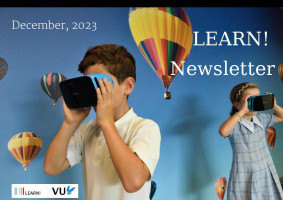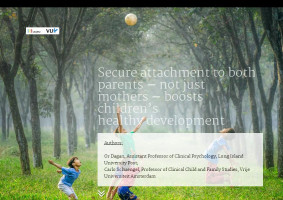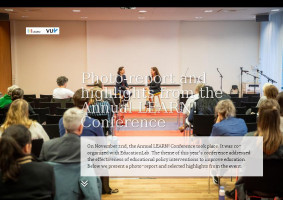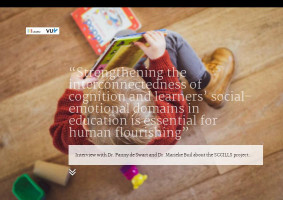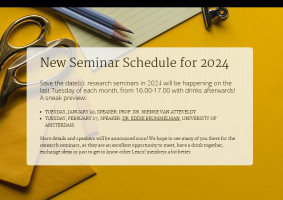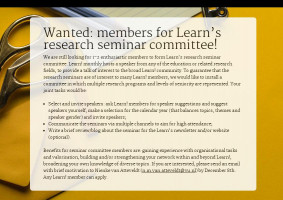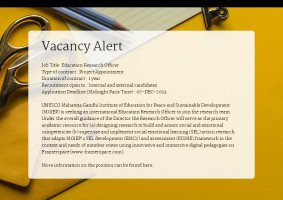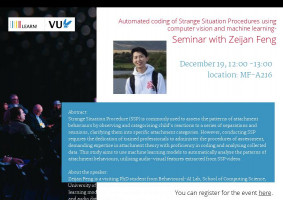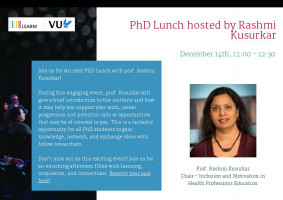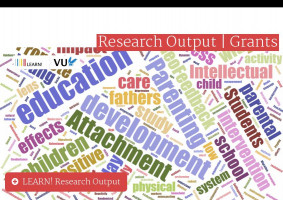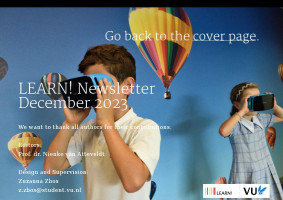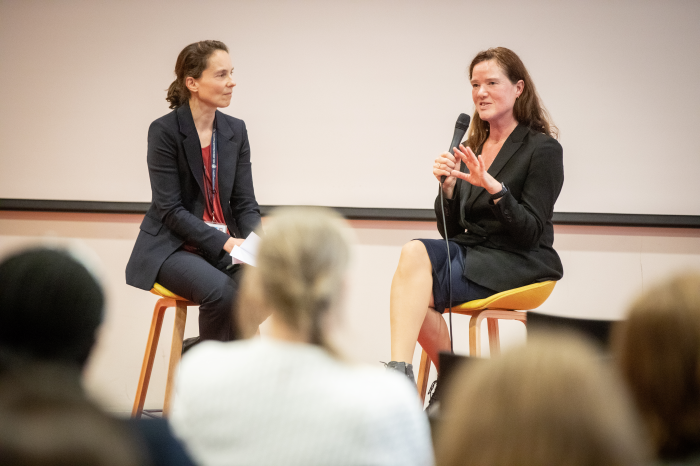
Melanie Ehren about her interview with Inge de Wolf:
Some of the highlights from my interview with Inge de Wolf about the future of evidence-informed policy and practice in the Dutch education system: Inge talked about the work that is ongoing to establish a new National Education Institute in the Netherlands (including the NRO) which will act as a knowledge broker for the use research evidence to improve education. It builds on the EEF model in England but with one main addition: the establishment of a data infrastructure for monitoring and research purposes (e.g. assessment data, statistical CBS data). We discussed the role of teachers in research, and the role of academics in making research accessible: both have their separate roles and expertise in improving education and need to learn to speak each other’s language to make this work. Inge talked about examples where both are working together, such as in the ONA schools in Amsterdam and how that helped overcome barriers.
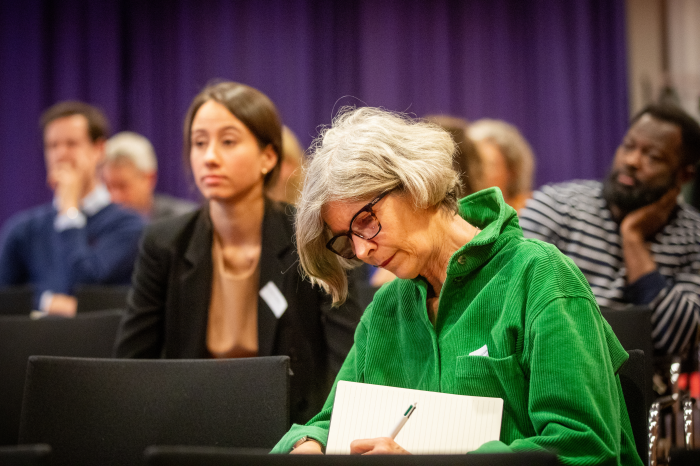
Inge also reflected on her time in Stanford where she looked at the What Works Centre there and how she learned about the importance of rigorous ‘action research’ to improve education through the use of evidence. We agreed that this is not an easy task as many ‘what works centres in education’ don’t even agree on effect sizes of common interventions, and many interventions only work for some student groups and under some conditions. As Inge mentioned, effective interventions are not ‘pills’ that teachers can take and then the learning outcomes of their students improve; too often programmes are adapted during implementation and then become ineffective. There is real momentum now however to build a more evidence-informed infrastructure with all the funding going to ‘excellent schools’ to work with researchers to improve education and to build the capacity across the system to use data to monitor progress. But we acknowledged that it also takes time, particularly when evidence is counterintuitive and does not match with what the general public believes. When the Dutch Inspectorate released its annual report in 2016 to show increasing inequality, it took a while for the public to believe this and for policymakers to start and develop programmes to address this. In the end, the evidence was accepted and, as Inge concluded, ‘knowledge always wins’
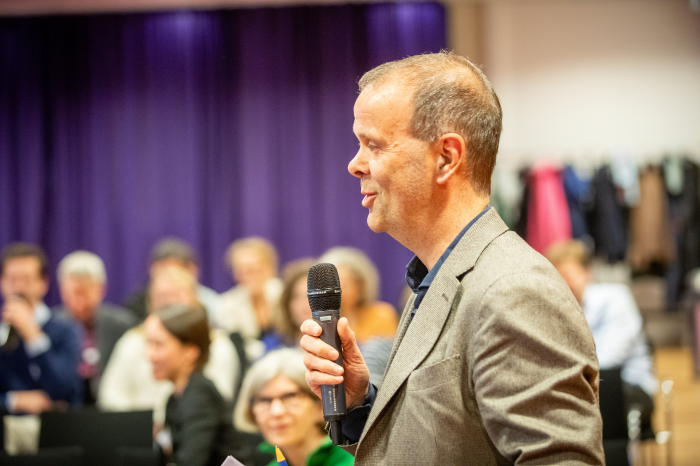
Highlights from a symposium on the Interactions of motivation and achievement in higher education students
"Relating Students’ Motivation Trajectories in the First ten Weeks of their Vocational Education Program to the Decision to Persist" - Irene Eegdeman’s presentation
I shared insights from our research on the motivation trajectory of vocational education students (mbo in Dutch) during the initial 9 weeks of their educational program. It was very interesting to note that both May Liu, who examined similar trajectories in higher education, and I observed a decline in motivation within the first weeks of the program. Particularly noteworthy was that students who eventually dropped out later in the year consistently scored lower on various metrics, suggesting that the seeds of later dropout might be sown in the program's early weeks.
Our discussion delved into the intriguing question of why students who eventually dropped out exhibited lower scores as early as weeks 2 and 3. We hypothesise that during these weeks, students receive their initial feedback, either on how they perform or how their attitude is in class. This early feedback may prompt students to question the suitability of the program for them, possibly contributing to the eventual decision to discontinue their studies.
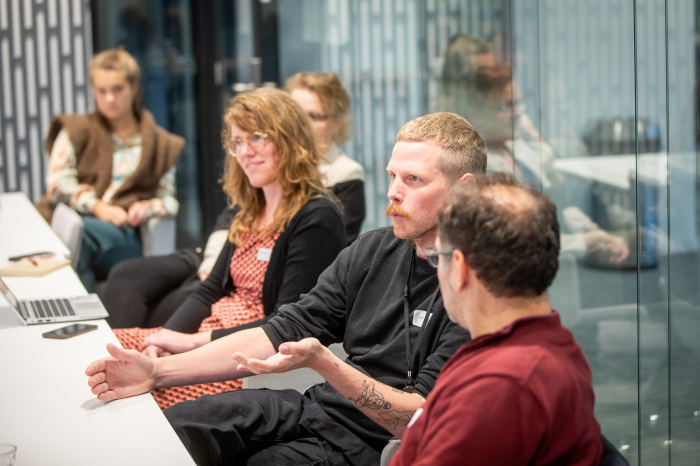
TuongVan Vu on her presentation titled "The reciprocal relationship between motivation and academic achievement: Is the magic there?"
At the LEARN! Annual Conference 2023, on behalf of my co-authors I gave a talk that summarised a line of research that we have been pursuing for the last few years. We essentially asked the question whether the reciprocal relationship between academic achievement and motivation really exists as previous research suggested. The idea was that having higher achievement boosts motivation (for example, getting a good grade leads students to being more motivated to study) and having higher motivation also fuels achievement (that is, when students are motivated they also get higher grades). We first noted that most current empirical works operationalize motivation as academic self-concept, a form of self-belief. Example items in the questionnaire are “I get good marks in most academic subjects” and “I learn quickly in most academic subjects”. This reciprocity has been shown in many studies using longitudinal designs. The argument is that this positive academic self-concept alone boosts academic achievement over and beyond the academic achievement at a previous timepoint. Why does it matter to revisit this idea? The reason is because this plays a role in the arguments offered for or against investing resources in school reform and intervention programs. For example, programs designed to promote self-esteem or related constructs often are advocated on the basis that self-beliefs are important to achievement. The opposite view would be that it is better to spend resources on increasing standards and accountability for student learning. And there exist lots of interventions to boost motivation based on the idea that it would boost achievement.
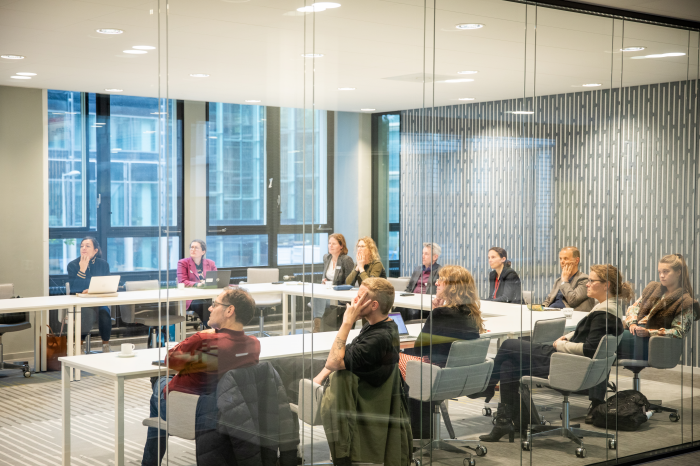
Our first step was to conduct a meta-analysis and systematic review encompassing 47 longitudinal studies of motivation and academic achievement in students in primary and secondary education. The second step was to conduct an experiment, which was a vocabulary learning task where Dutch students learned difficult English words and received feedback on their learning achievement. Overall, we found that there is evidence for the effect of achievement on motivation (i.e. getting good grades or scores led to students reporting having higher motivation). However, having higher motivation did not always lead to better achievement. Notably, the effect of motivation on achievement was exclusively found for self-belief type of motivation constructs (such as academic self-concept) and not for non-self-belief type such as achievement goal, interest, etc. We also found that the statistical techniques (specifically, cross-lagged panel model) that is most often employed by previous research to provide evidence for the reciprocity but has been criticised for its flaw might have led to an overestimate of the reciprocity in empirical data. In sum, our findings underscore the ongoing necessity for further research in this area, as the major factors in the motivation-achievement interactions might have not yet been fully captured.
